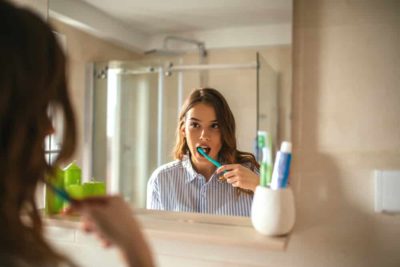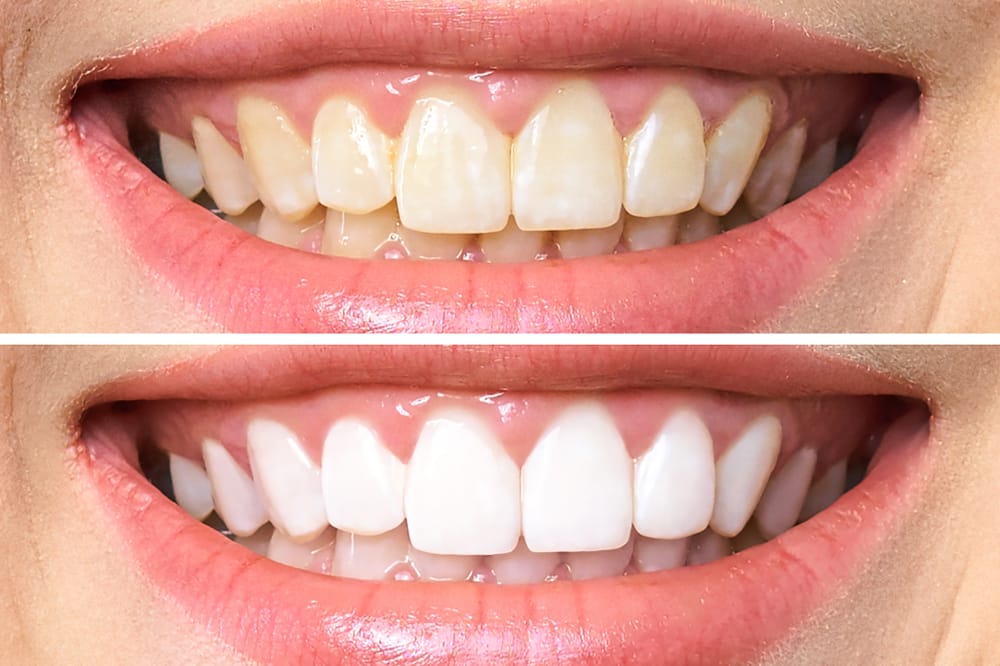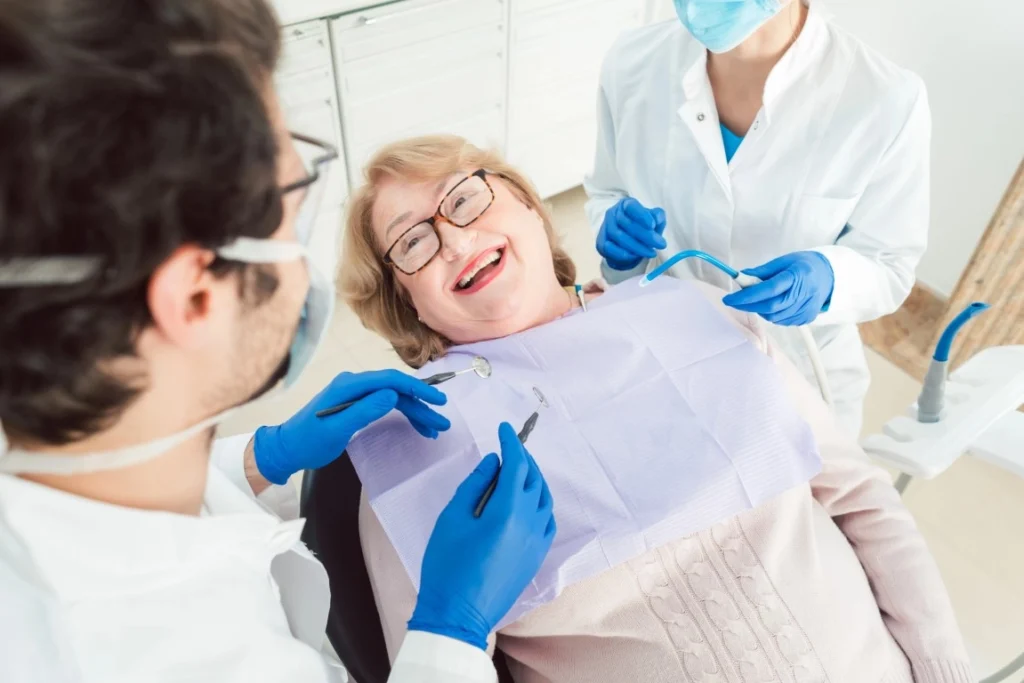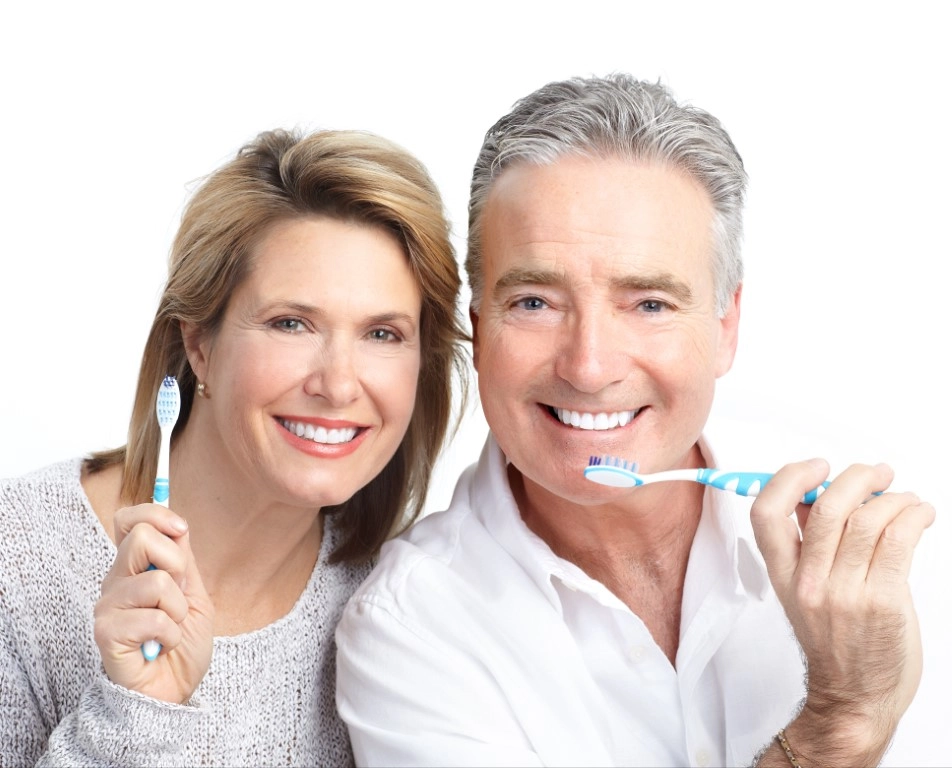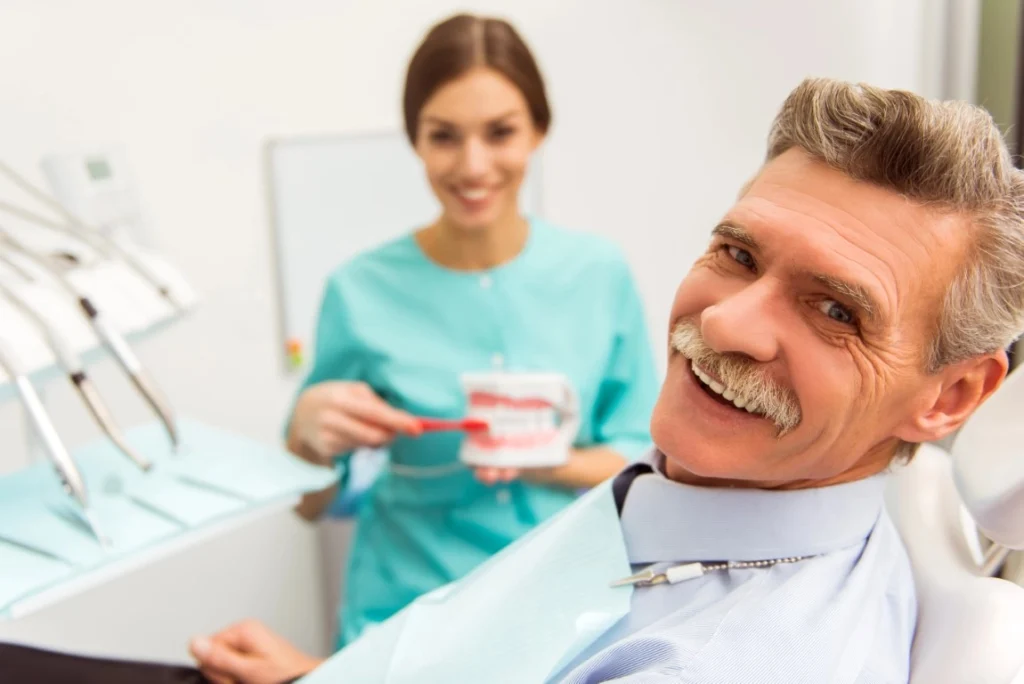
For most people, pregnancy is an exciting time. However, it also comes with lots of physical changes to be aware of. While oral health is often overlooked during pregnancy, it’s closely connected to both your overall health and the health of your baby.
At VIP Smiles, we’re proud to take care of patients at each stage of their lives, including pregnancy. If you’re expecting, keep reading to learn more about how pregnancy affects oral health, common dental issues to be on the lookout for, tips for maintaining a healthy smile, and when to see your dentist.
How Pregnancy Affects Oral Health
First, let’s look at some specific ways pregnancy can impact your oral health:
Pregnancy Gingivitis and Periodontal Disease
Pregnancy comes with a lot of hormonal changes, including increased estrogen and progesterone. These changes can make the gums more sensitive and prone to inflammation, leading to pregnancy gingivitis. Symptoms include red, swollen, tender, or bleeding gums, especially after brushing or flossing.
When left untreated, gingivitis can worsen, becoming periodontal disease, a serious gum infection that can lead to receding gums, loose teeth, and even tooth loss. It can also increase your risk or preterm birth and low birth weight. That’s why it’s so important to take extra care of your teeth and gums while pregnant in order to prevent gum disease.
Tooth Decay and Enamel Erosion
Pregnancy increases the risk of tooth decay and enamel erosion thanks to morning sickness and vomiting. The stomach acid weakens the tooth enamel, making cavities more likely. Furthermore, craving can cause you to snack more often, exposing your teeth to cavity-causing acids and sugars.

Pregnancy Tumors (Pyogenic Granulomas)
Pyogenic granulomas are noncancerous growths that occur on the skin or mucous membranes such as the gums. They’re sometimes referred to as “pregnancy tumors” because they can be triggered by the hormonal changes of pregnancy.
While these tumors often go away after delivery, they can be bothersome, especially if they’re located inside the mouth. They can ooze, break, and bleed easily, so if you suspect you have one, it’s a good idea to talk to your doctor or dentist. They can help you determine whether treatment is necessary or if you should simply monitor it for the remainder of your pregnancy.
Is Dental Care Safe During Pregnancy?
Many expectant mothers are wary of receiving dental care for fear of harm to their baby. However, routine dental care is safe in all stages of pregnancy. If it’s been more than six months since your last visit or you have any concerns about your oral health (such as pain, swelling, or bleeding gums), schedule an appointment with your dentist as soon as possible and let them know you’re pregnant so they can take the proper precautions.
X-rays are generally considered safe during pregnancy, especially if you’re only getting an X-ray of your teeth. While it’s true that radiation can affect your unborn baby, the radiation in a single dental X-ray is not enough to cause harm. In fact, the issue you’re being seen for, such as tooth decay, can be more harmful when left untreated than the X-ray itself. However, if you have reservations about receiving an X-ray while pregnant, you can talk to your dentist or doctor about alternatives.
Tips for Maintaining Good Oral Health While Pregnant

Daily at-home care is essential for maintaining good oral health while pregnant. Brush your teeth twice daily with fluoride toothpaste and floss daily to remove plaque and food particles from between your teeth. You can also use an alcohol-free antimicrobial mouthwash if recommended by your dentist.
If you experience morning sickness, rinse your mouth out with a teaspoon of baking soda dissolved in water after vomiting to neutralize the stomach acid and protect your tooth enamel. Vomiting can soften the enamel, so it’s best to wait 30 to 60 minutes before brushing to prevent further damage.
It’s also important to stay hydrated to support saliva production. Saliva helps neutralize enamel-weakening acid in the mouth and washes away food particles. Additionally, you should make an effort to eat a balanced diet rich in oral health-boosting nutrients like calcium, vitamin D, and phosphorus, in addition to limiting sugary snacks and beverages.
Dental Care for Every Stage of Life at VIP Smiles
If you’re expecting, trust VIP Smiles to provide you with the quality dental care you deserve. We encourage you to prioritize your oral health by contacting us to schedule an appointment at our office today.

